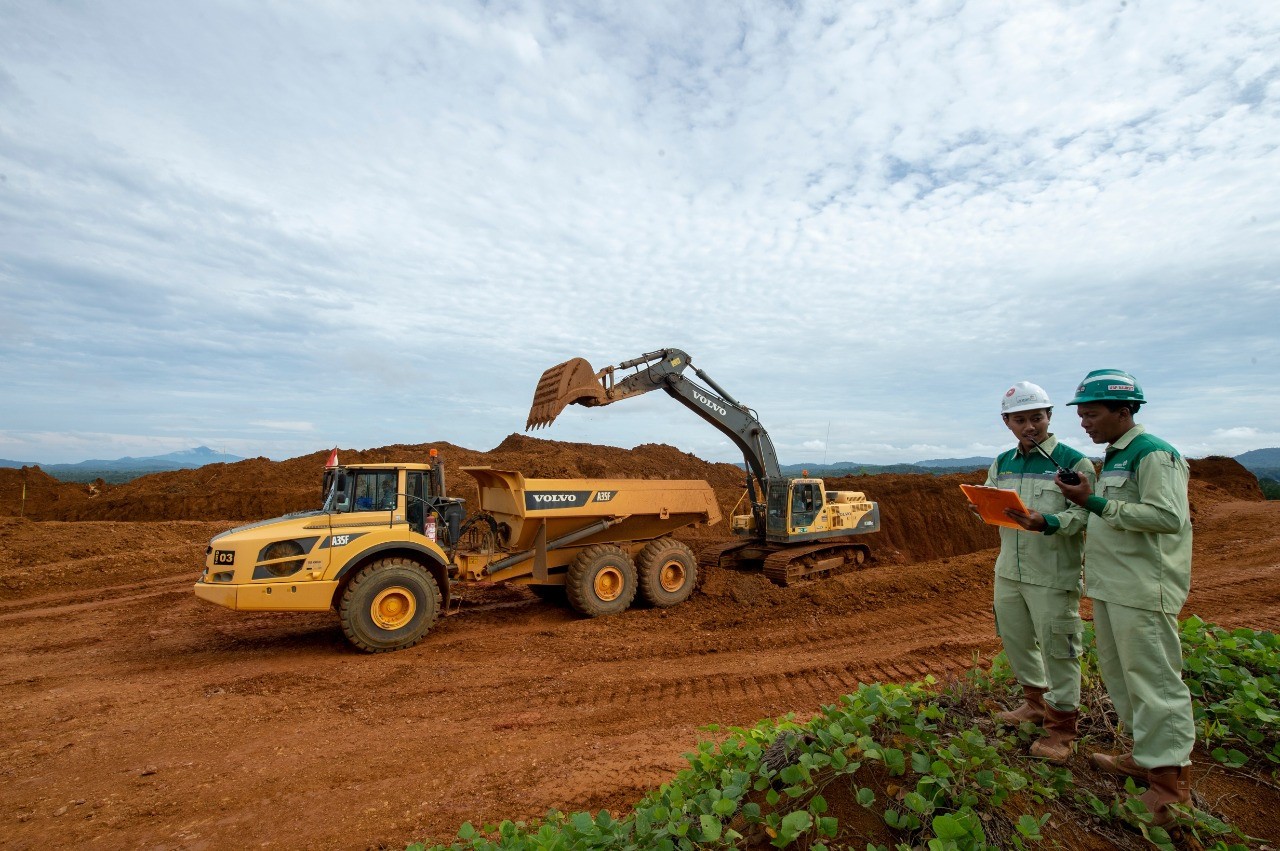

The largest country in Southeast Asia, Indonesia, has recently announced a bauxite export ban, which will be implemented from June 2023. This is a government policy to increase domestic production of metal ores and industry since bauxite is a crucial component in manufacturing aluminium. The nation had already prohibited nickel exports starting around January 2020.

Indonesia produced approximately 25.8 million tonnes of bauxite in 2021, making it the world's sixth-largest producer. Approximately 90 per cent of this amount is currently exported, which is expected to significantly impact the global aluminium market.
The Indonesian bauxite ban primarily aims to upgrade the country's domestic metal processing industry growth. This could push up aluminium prices in the short term, mainly since China relies heavily on Indonesia for bauxite imports, which accounted for about 16 per cent of total imports in October 2022.
Following the Ukraine-Russia geopolitical crisis a few months ago, although Russian aluminium was not barred internationally, a few nations and companies evaded procuring Russian aluminium.
With the announcement of the Indonesian bauxite export ban recently, it is envisioned that aluminium prices may pick up as worldwide supply may face some challenges. China's recent announcement of various stimulus measures for the construction and real estate industries only supports this.
This has given investors a lot of hope that the country is finally getting back on its feet after months of zero-COVID restrictions and lockdowns.
Nevertheless, the metal continues to face significant headwinds from the possibility of a global recession and China's ongoing struggles with a surge in Covid cases and sluggish economic growth.
Furthermore, the aluminium industry is still very high-energy sensitive, making it increasingly expensive to produce while the energy crisis pursues. As a result, several smelters have already closed.
The direction China chooses concerning its Covid regulations over the next few months will significantly impact the outlook for aluminium. However, there have already been some easings. As COVID-19 cases in China continue to rise, they may soon be overturned.
Furthermore, despite stimulus efforts, it is still anticipated that China's economic growth will be somewhat sluggish in the upcoming year, affecting demand for aluminium in those industries.
A mild global recession remains possible, further dampening aluminium demand as industrial and construction activity slows. However, Indonesia's bauxite export ban may help to keep prices in check.
Responses








